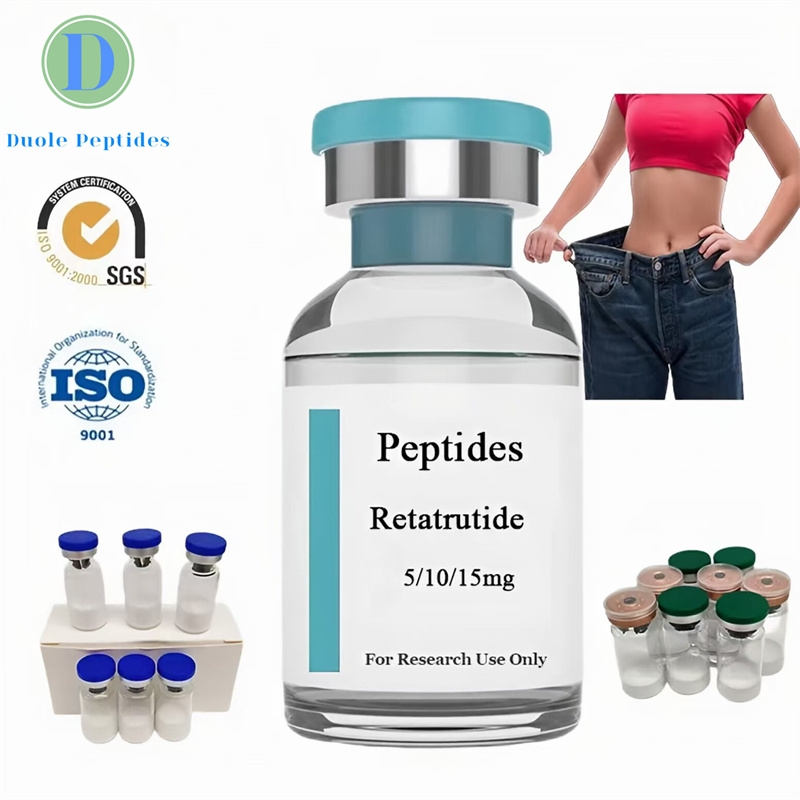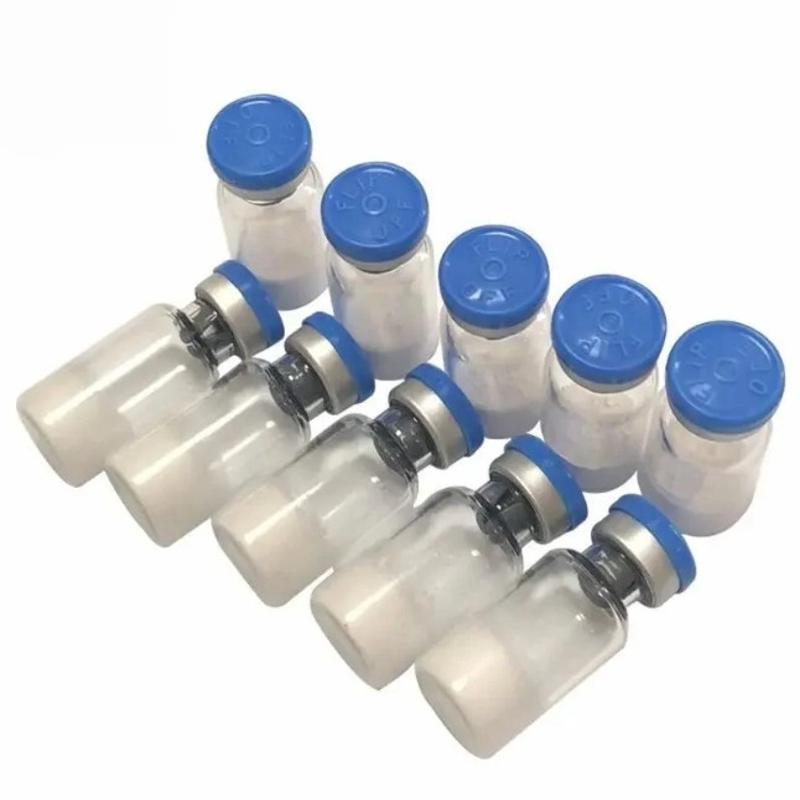-
Categories
-
Pharmaceutical Intermediates
-
Active Pharmaceutical Ingredients
-
Food Additives
- Industrial Coatings
- Agrochemicals
- Dyes and Pigments
- Surfactant
- Flavors and Fragrances
- Chemical Reagents
- Catalyst and Auxiliary
- Natural Products
- Inorganic Chemistry
-
Organic Chemistry
-
Biochemical Engineering
- Analytical Chemistry
-
Cosmetic Ingredient
- Water Treatment Chemical
-
Pharmaceutical Intermediates
Promotion
ECHEMI Mall
Wholesale
Weekly Price
Exhibition
News
-
Trade Service
Biotinoyl Tripeptide-1 is a synthetic peptide that contains three amino acids: glycine, alanine, and glutamic acid.
It is often used in the chemical industry due to its unique properties, including its ability to bind to minerals and metals.
This article will explore the various applications of Biotinoyl Tripeptide-1 in the chemical industry.
One of the primary applications of Biotinoyl Tripeptide-1 is in metal extraction.
The peptide has a high affinity for metals, and can be used to extract these elements from their ores.
This is particularly useful in the extraction of rare earth metals, which are difficult to separate from each other and from other impurities.
Biotinoyl Tripeptide-1 can be used to selectively extract these metals, improving the efficiency and reducing the cost of the extraction process.
Another application of Biotinoyl Tripeptide-1 is in oil recovery.
The peptide can be used to bind to crude oil, making it easier to recover and separate from other components in the mixture.
This can improve the efficiency of the oil extraction process and reduce the amount of energy required to separate the oil from the other constituents of the mixture.
Biotinoyl Tripeptide-1 is also used in the production of detergents and surfactants.
The peptide can be used to produce bio-based surfactants that are safer for the environment than traditional synthetic surfactants.
These surfactants are used in a variety of applications, including cleaning products, personal care products, and textile care products.
Another application of Biotinoyl Tripeptide-1 is in the production of biodegradable plastics.
The peptide can be used to produce polyhydroxyalkanoates (PHA), a type of bioplastic that is biodegradable and compostable.
PHA can be used to produce a variety of products, including packaging materials, textiles, and agricultural products.
In addition to these applications, Biotinoyl Tripeptide-1 is also used in a variety of other industrial processes.
It is used in water treatment to remove heavy metals and other contaminants, in the production of biofuels, and in the development of new medical treatments.
Overall, Biotinoyl Tripeptide-1 is a versatile compound with a wide range of applications in the chemical industry.
Its ability to bind to minerals and metals makes it useful in metal extraction and oil recovery, while its other properties make it useful in the production of detergents, surfactants, biodegradable plastics, and other products.
As the demand for sustainable and environmentally-friendly industrial processes continues to grow, Biotinoyl Tripeptide-1 is likely to become increasingly important in the chemical industry.







